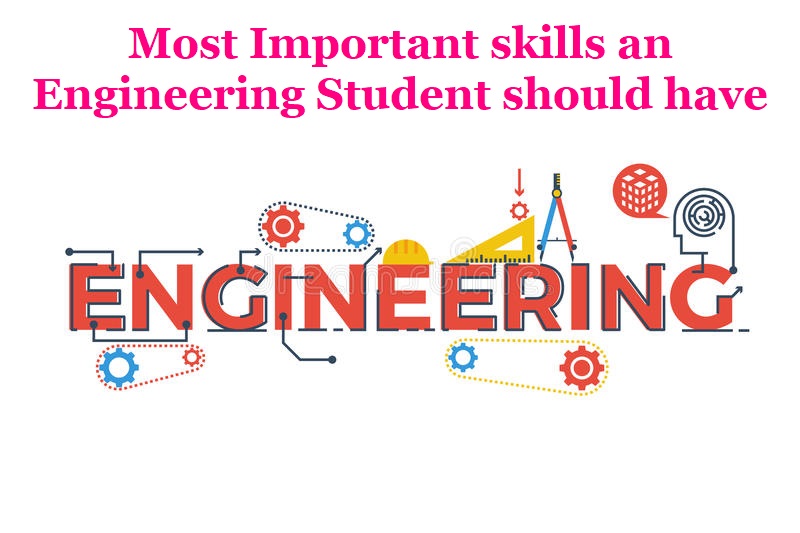Special needs students face unique challenges in their education. Online schools for these learners must address their needs to help them thrive. This article outlines 10 important factors for supporting special needs students in online education. With the proper support, students of all abilities can achieve their full potential through virtual learning.
Individualized Education Plans (IEPs)
Special needs students require tailored learning plans to target their abilities and needs. Individualized Education Programs or IEPs provide legal documentation of academic goals, required accommodations or modifications, and progress monitoring plans. IEPs should be developed by teams including parents, teachers, therapists, and students themselves. They must be regularly reviewed and updated for progress and changing needs. IEPs are critical for student success and help ensure online schools meet legal obligations under the Individuals with Disabilities Education Act or IDEA.
Accessible and Accommodating Online Platforms
Students with learning disabilities can enroll in online schools that provide accessibility for those with diverse needs. Options like text-to-speech, speech-to-text, visual supports, and interactive or hands-on activities facilitate learning for students with various disabilities. Platforms should offer flexibility in pacing, multimedia, and responsive design accessible on multiple devices. While implementing accessibility features poses challenges, doing so opens online schools to a wider range of learners. Schools must continually evaluate new technologies and make improvements to serve students better.
Qualified and Trained Teachers and Staff
Teachers and staff experienced with special education provide the expert support special needs students require. Online schools should hire and train employees with specific certifications and experience for learning disabilities or unique student populations. Professional development focused on evidence-based practices for online special education helps teachers stay up-to-date with the latest strategies. With proper support, online teachers can gain valuable experience and become leaders in virtual special education.
Parental Involvement and Communication
Parent participation is crucial for special needs students. Online schools must facilitate frequent communication allowing parents and teachers to collaborate on IEP goals, share observations about student progress or challenges, and determine the effectiveness of strategies or supports. Regular meetings, data sharing, and opportunities for feedback help build partnerships between schools and families based on trust and shared goals. Parent involvement improves outcomes as families and teachers work together to understand students’ needs.
Collaborative Learning and Peer Support
Special needs students benefit from interacting with peers, just like all learners. Online schools should implement collaborative and social learning activities to build communication and soft skills. Discussion forums, live chats, video calls, gamification, and group projects allow peer interactions and support. These opportunities help combat isolation and improve confidence as students connect over shared interests or experiences. Schools must monitor social activities to promote inclusion and prevent online bullying. With support, peer interactions facilitate social and academic growth for special needs students.
Assistive Technology and Tools
Assistive technology levels the playing field for students with disabilities. Things like text-to-speech software, speech-to-text tools, organizers, interactive visual schedules, and adapted keyboards or mice enable learners to access online curricula and demonstrate mastery. Schools should work with parents and therapists to determine appropriate technology based on student needs. When implemented properly, these tools bypass barriers, allowing learners to focus on content rather than struggle with reading, writing, attention, or organization.
Flexibility and Personalization
Every student has unique needs, strengths, and ways of learning. Special education in online schools should provide flexibility and personalization tailored to individual abilities and challenges. Options for self-pacing, adjustable deadlines, customizable learning paths, and assessment choices help motivate and engage students. Schools must evaluate data and make decisions at an individual level to personalize education around IEP goals and learner profiles. Personalized online learning leads to higher satisfaction, better outcomes, and students who are active participants in their growth.
Assessment and Progress Monitoring
Frequent assessment and progress monitoring ensure learners remain on track to meet IEP goals. Online schools should implement formative assessments, portfolio reviews, observations, and data collection to monitor student progress. Using the data to adjust support strategies or reteach skills helps keep learners challenged while still being able to experience success. Schools must share progress with parents and therapists to determine if students require any changes in their IEP or learning plans. Regular evaluation of assessment tools and policies promotes evidence-based practices that benefit students, parents, and schools.
Transition Planning and Post-Graduation Support
Preparing for transitions requires planning for special needs students. Online schools should provide counseling and planning support for key post-secondary education or career transitions. Skills for navigating bureaucracy, self-advocacy, and independent living must be intentionally developed. Partnerships with local businesses, organizations, colleges, and therapists help connect students with opportunities aligned to their needs and interests. Schools that remain connected even after students graduate are well-positioned to understand how best they can support future alum success and growth.
Conclusion
Special needs students in online schools require intentional support to thrive. By focusing on individual learners and implementing accessible options, technology, personalized instruction, and collaboration with families, online schools can empower students of all abilities. Planning and progress monitoring help learners achieve key milestones and work toward post-graduation success. The various stakeholders must come together, understand the challenges faced, and provide solutions to set students up for lifelong learning regardless of disability. When done right, online education opens doors for even the most vulnerable students.




